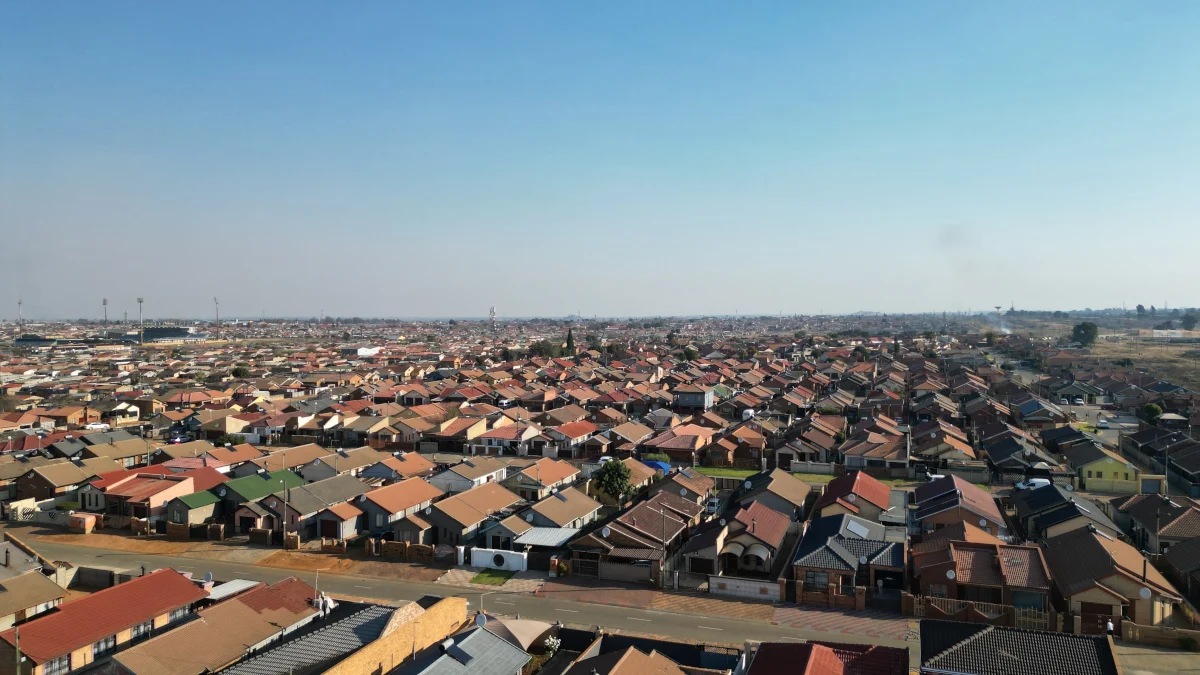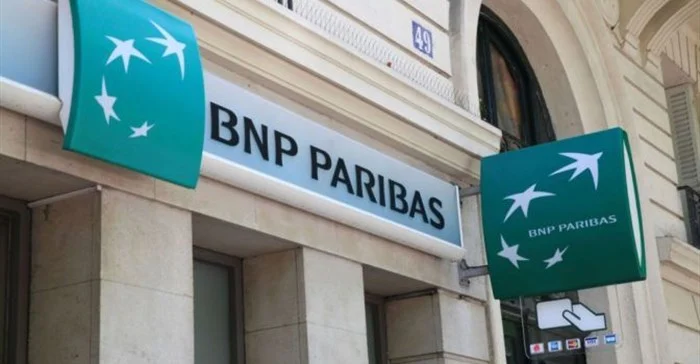In the dynamic landscape of South Africa’s real estate, the year 2023 has witnessed a nuanced interplay of subdued economic activity, soaring interest rates, and their profound impact on the nation’s housing market. FNB’s latest Property Barometer for November 2023 unravels a narrative of restrained house price growth, marked by a dip in both demand and supply, notably affecting young first-time buyers in the country.
Economic indicators have cast a shadow over the property sector, reflecting in meager house price growth. The FNB House Price Index barely averaged a 0.5% year-on-year increase in November, maintaining a stagnant trajectory from the previous month. Such stagnation is attributed to the prevailing economic constraints and soaring interest rates that have restricted affordability, consequently diminishing the enthusiasm for property investment across all economic brackets.
The property market’s heartbeat echoes with a decline in buying activity, mirroring the strain on affordability and lending standards. This downward trend, predominantly observed among younger buyers, underscores the disproportionate impact of economic stagnation and high interest rates on this demographic. FNB’s insights reveal a poignant shift in the sentiments of younger individuals, highlighting their growing despondency in navigating the current housing landscape.
Moreover, the report delineates a notable deceleration in price growth across various price brackets, barring the range between R1.25 to R1.5 million, which showcases resilience owing to a buying-down effect. This slowdown in price appreciation resonates with the broader market dynamics and the overarching influence of economic constraints on buying behavior.
The decline in new mortgage volumes by 27% year-to-date, as per the Deeds registrar data, signifies a cautious approach by prospective buyers, especially in higher-priced segments. However, the more affordable segments witness a silver lining, supported by a discernible downscaling trend. The divergence in volumes between lower and higher-priced segments reinforces the impact of economic constraints on diverse strata of property buyers.
The disparity in mortgage volumes between different age brackets further accentuates the vulnerability of younger buyers. The share of mortgage volumes attributed to individuals aged below 35 has witnessed a noticeable decline from previous peaks, signaling the formidable challenges faced by this demographic amidst economic slowdown and burgeoning interest rates.
Looking ahead, FNB foresees a trajectory of weak house price growth persisting until there’s a substantial alleviation in inflation and borrowing costs, expected in the latter half of 2024. The bank remains cautiously optimistic about stabilizing mortgage volumes in the upcoming year, anticipating a decline of approximately 30% in 2023 and a partial recovery by 5% in 2024.
The market’s journey ahead hinges on a delicate balance, awaiting the amelioration of economic pressures and lending conditions. With projections of modestly lower interest rates and improved growth prospects, there’s a glimmer of hope for a gradual revival in the property market, albeit with prudent anticipation and strategic maneuvers.
As South Africa navigates these challenging times, the resilience of its property market remains a testament to adaptability and perseverance, signaling opportunities for potential buyers and stakeholders to align strategies with the evolving landscape.




































